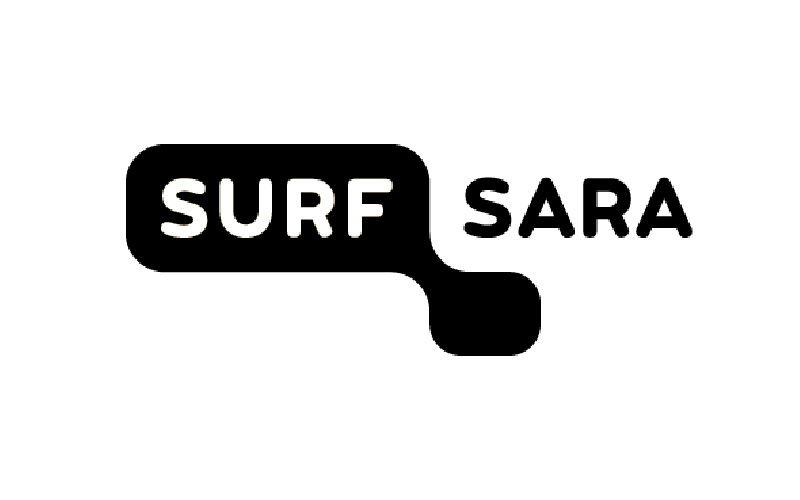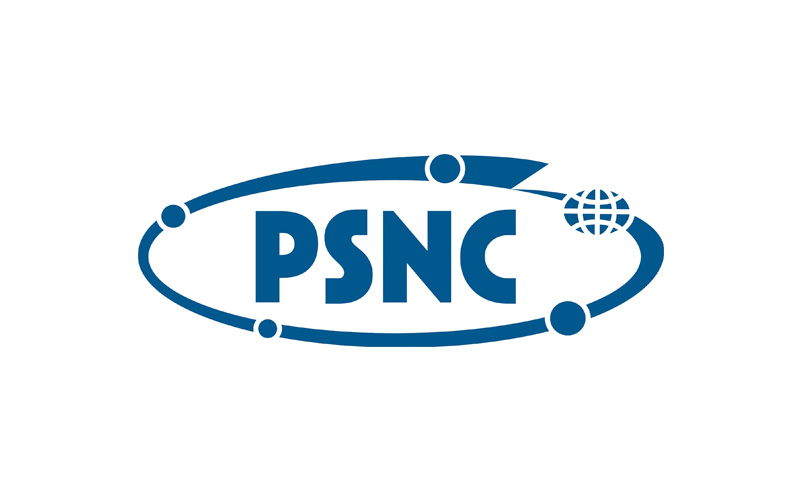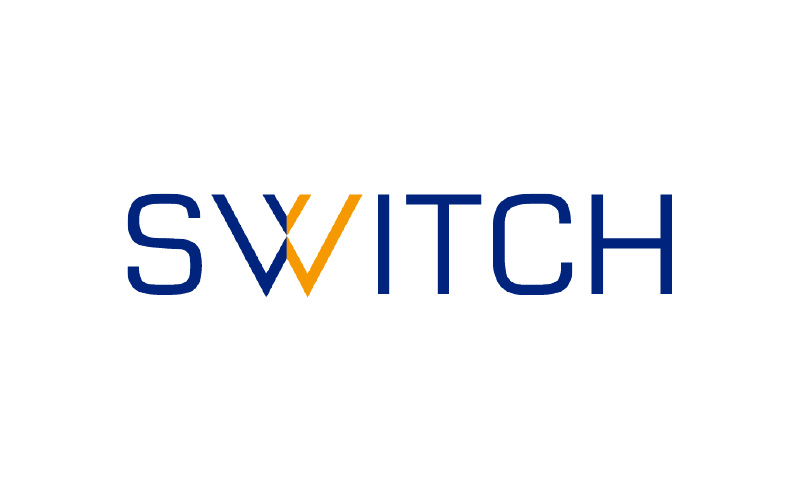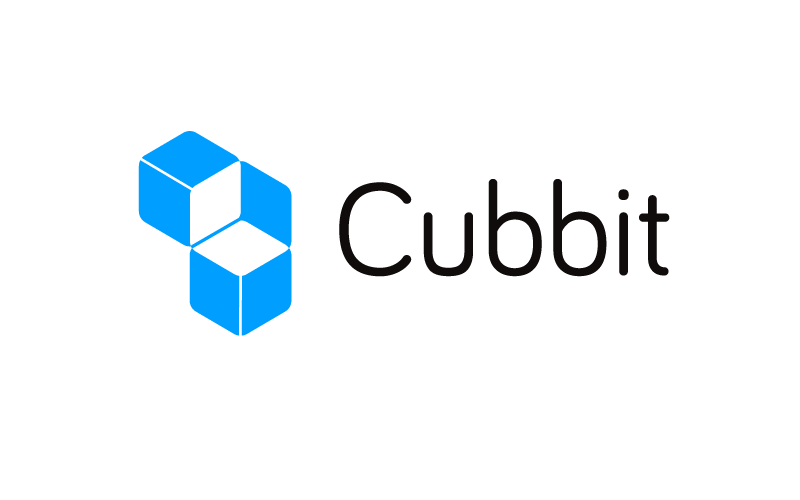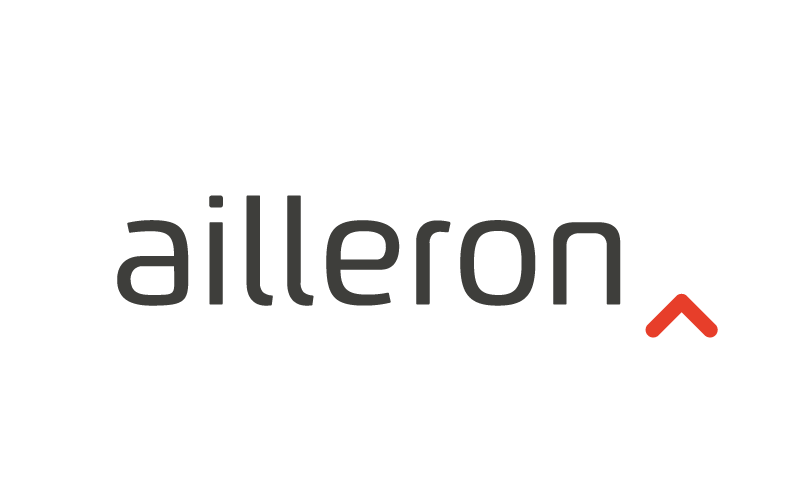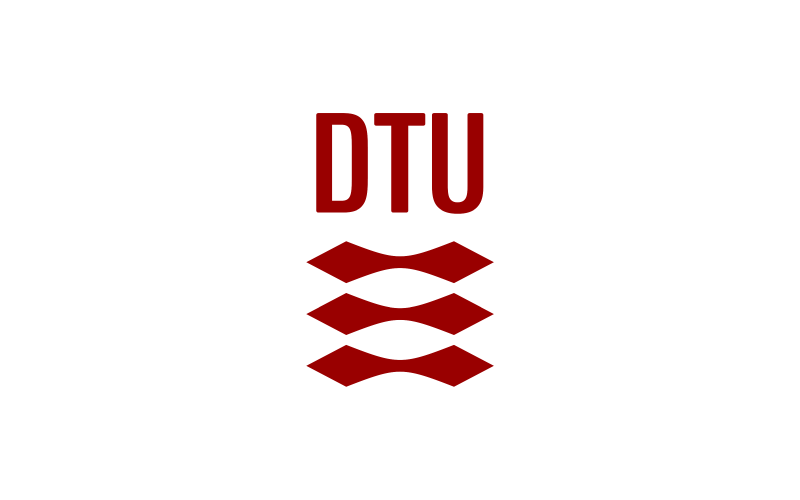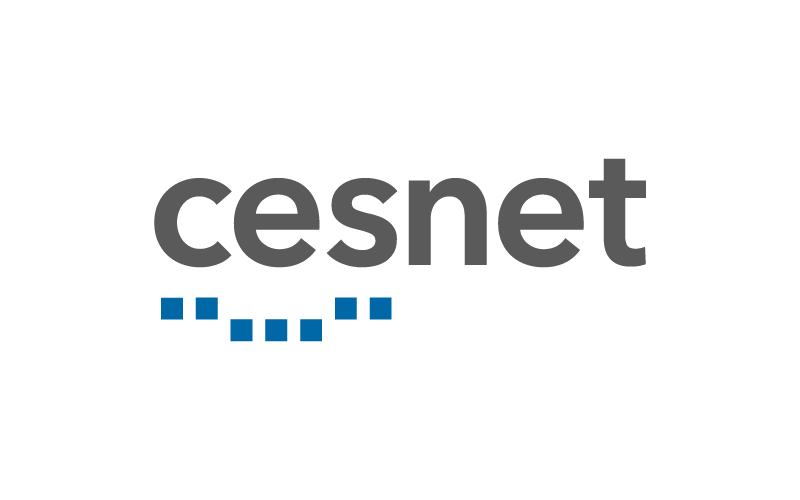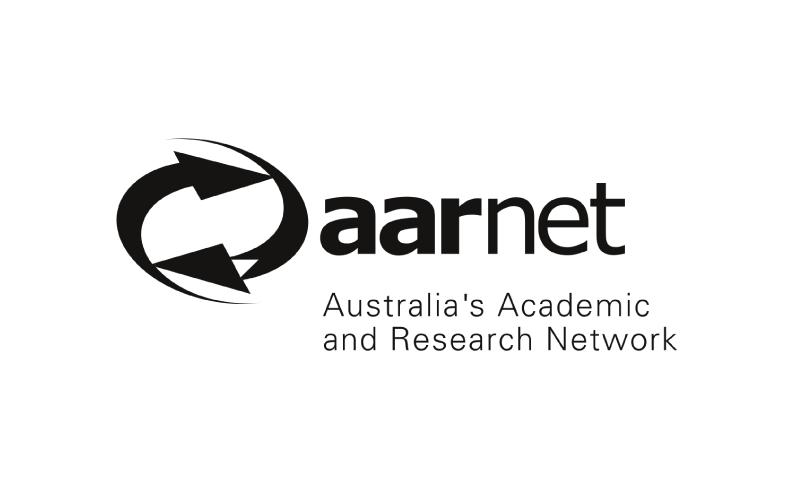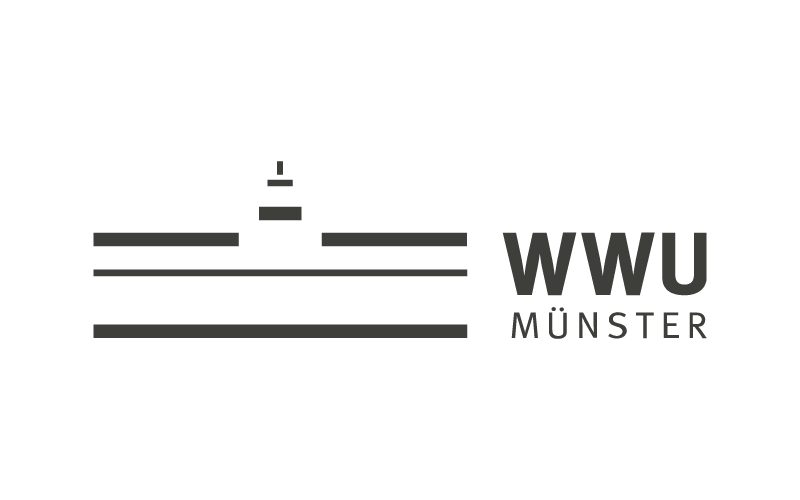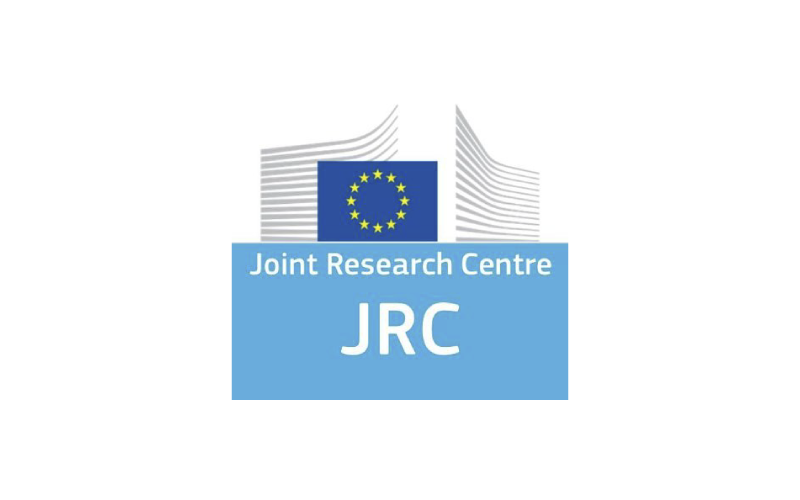Mission
Social Sciences & Humanities Open Cloud (SSHOC) is a project funded by the EU framework programme Horizon 2020 and unites 20 partner organisations and their 27 associates in developing the social sciences and humanities area of the EOSC. During the 40-month lifespan of the project, (from January 2019 to April 2022) SSHOC will transform the current social sciences & humanities data landscape with its disciplinary silos and separate facilities into an integrated, cloud-based network of interconnected data infrastructures. The SSHOC project is divided in 9 work packages through which the project proposal is realized. Such work packages breakdown the different tasks, deliverables, and milestones of the project.
Collaboration with CS3MESH4EOSC
Joint dissemination & communication activities
CS3MESH4EOSC was promoted at the SSHOC Final Conference "Advancing SSH Research with SSHOCingly good and sustainable resources" by including the CS3MESH4EOSC Flyer in the delegate package given to over 90 partcipants.
ScienceMesh: #interoperable mesh of connected #researchdata services that will help #SSH #datarepositories in maximising their value & obtain #certification.@cs3org is spreading the word to #repositories supported by SSHOC 😊Know more 👉 https://t.co/9b3Z4WoTXS #metatada pic.twitter.com/modXXau4fS
— SSHOpenCloud (@SSHOpenCloud) April 7, 2022
A dedicated Press Release was distributed to almost 300 members of SSHOC Community, focused on how the Science Mesh helps researchers, through its Open Data Systems service. The Science Mesh was also promoted at the SSHOC repositories internal meeting, organised in April 2022.
Contact us for more information
Object/Aim of the synergy:
Promote to the repositories from the Social Science and Humanities the Open Data Systems service (one of the 4 categories of services from the ScienceMesh). This service allows users to organise work-data via tagging and metadata assignment and publish datasets with PIDs directly on ScienceMesh sites or to external data repositories. Metadata can also be retained by ingesting files into the mesh and later on to connect data collections to third party systems (e.g. archives) enriched by metadata.
Expected impact:
The Science Mesh was promoted to at least 300 individual members from the Social Science and Humanities who may become adopters of the Science Mesh when the tool is available to the public.
Results:








